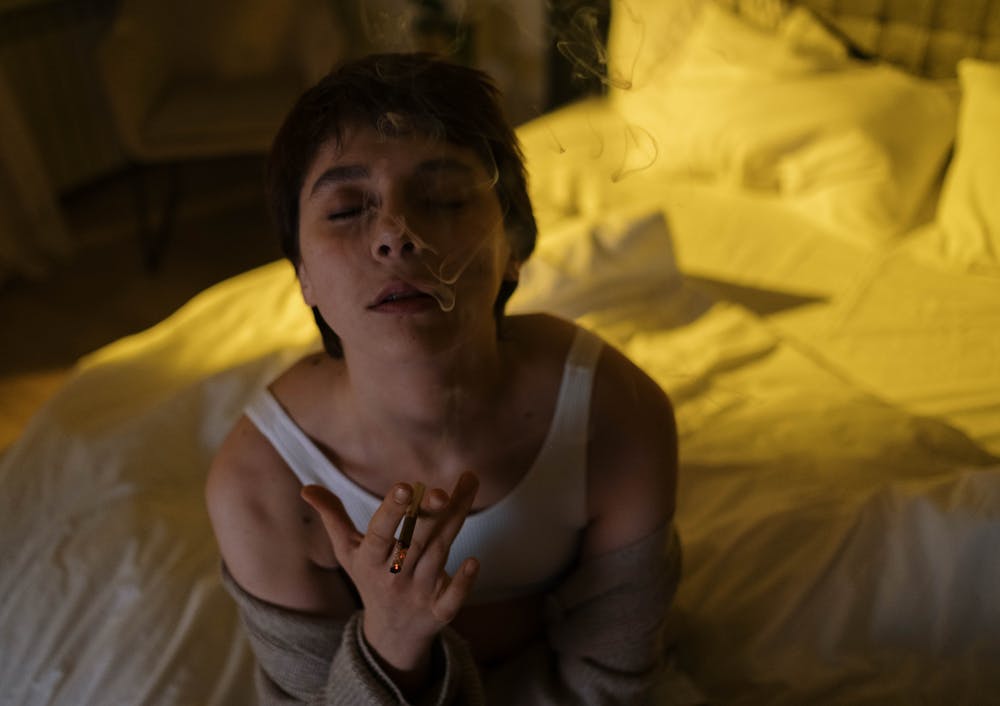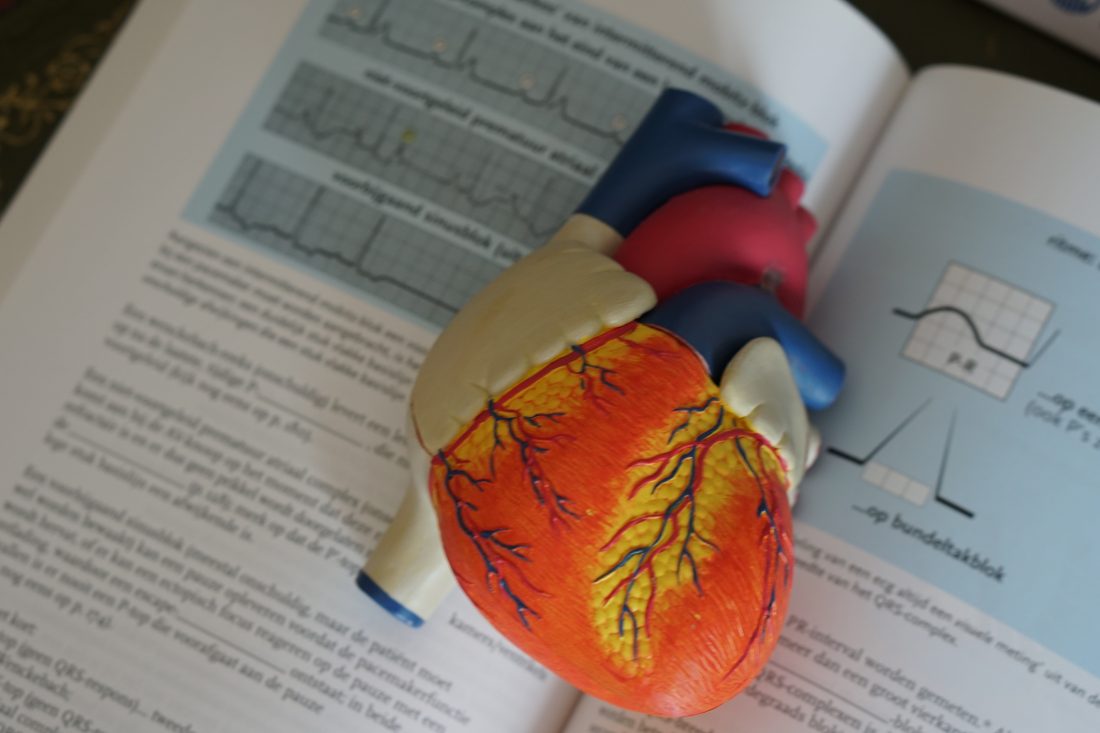Anxiety disorders like generalized anxiety disorder, social anxiety disorder, panic disorder, and phobias affect over 40 million American adults each year. People suffering from anxiety often turn to drugs or alcohol to find relief from their symptoms. In fact, research shows that having an anxiety disorder puts a person at a greater risk for also developing a substance use disorder at some point during their lifetime. There are several reasons why anxiety and substance abuse are connected.
Self-Medication
Many people with anxiety resort to drugs or alcohol as a form of self-medication. They may discover that substances provide temporary relief from their anxious thoughts, panic attacks, or feelings of stress. This can lead to regular use as a coping mechanism. For example, alcohol may be used by someone with social anxiety disorder to feel more relaxed in social situations. Cannabis may be used to reduce feelings of tension or worry. Self-medication provides short-term relief but prevents the development of healthy coping skills and can worsen anxiety over time.
Overlapping Brain Chemistry
Research indicates that anxiety disorders and substance abuse disorders involve similar alterations in brain chemistry and circuitry. Brain regions and neurotransmitters associated with fear and stress regulation, like the amygdala and gamma-aminobutyric acid (GABA), are affected in both anxiety and addiction. Genetic factors that influence these systems may predispose someone to developing either or both disorders.
Withdrawal and Hangover Effects
Withdrawing from substances and hangover effects often produce feelings of anxiety. Drugs like alcohol and benzodiazepines depress the central nervous system initially but rebound anxiety and agitation occurs as they wear off. Stimulant withdrawal can involve extreme fatigue, insomnia, and paranoia which also amplify anxiety. This can prompt further use in a vicious cycle. Someone with an underlying anxiety disorder may be especially sensitive to these withdrawal effects.
Lifestyle Factors
Anxiety disorders and substance abuse tend to involve similar lifestyle factors like social isolation, sleep disturbances, poor stress management, and unemployment. These shared factors can maintain cycles of anxiety symptoms and drug use. Breaking these unhealthy patterns through therapy and developing better coping skills and wellness habits can benefit recovery from both anxiety and addiction.
Stigma and Shame
The stigma surrounding mental health issues and substance abuse creates barriers to treatment. People may feel ashamed of their anxiety and try to conceal it. This prevents them from seeking therapies and interventions that could help treat their anxiety through healthy means. A fear of judgment may lead them to abuse substances secretly as an alternative. Dispelling myths and reducing stigma through education and compassion around these disorders can encourage people to get the help they need.
Treating Anxiety and Substance Abuse
Treatment options include therapy like cognitive behavioral therapy and exposure therapy, medications such as SSRIs and benzodiazepines, support groups, developing healthy coping strategies, lifestyle changes, dual diagnosis rehab programs, and inpatient or outpatient treatment.
Anxiety and substance abuse interact in complex ways biologically and psychologically. Treating them together through integrated approaches and dual diagnosis treatment programs can promote full recovery.


